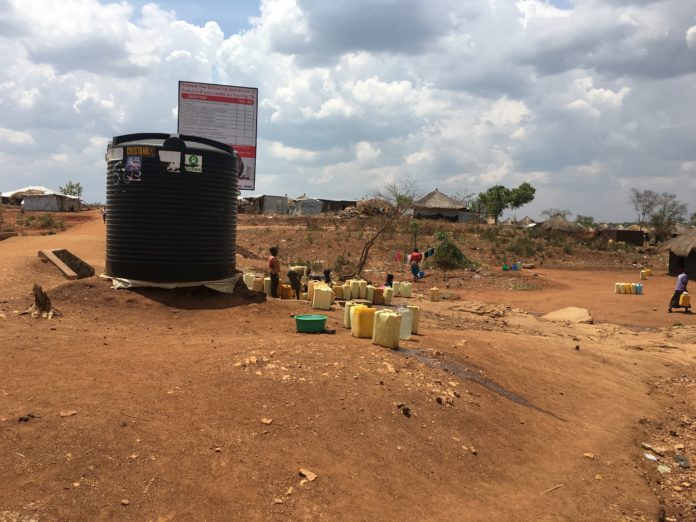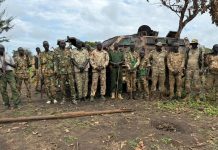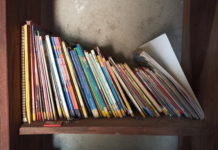
By: Okello Jesus Ojara, Speak Fm.
Study by the water.org states that 8 million Ugandans lack access to safe water and 27 million do not have access to improved sanitation facilities.
Amuru district’s Lajalula parish is among the 27 million with no access to improved sanitation facilities. The parish located north east of the recently created Amuru district town council holds a population of about 6,000 individuals.
Both commercial and domestic chores amongst the local population agonize due to the disparities. They lose their customers in broad day and desperately drink from the rudimentary source.
Concy Auma is a restaurant operator and a business woman in the small trading center in Lajalula parish. Her customers are losing trust in her food business since the only insecure well that serves the whole community is too dirty to be consumed.
”Our greatest challenge here is water.” Concy reveals. “once our customers see how dirty the water is then we lose them. Secondly, once it rained instead of flowing through the channel the water goes inside the well making it dirty” she continued.
Besides that the rudimentary source also poses threats of numerous infections to the children in the community.
Everline Ajok, also a resident of the area noted that her children get infected with typhoid and other waterborne diseases timely as a result of drinking the waters from the exposed well including those from her neighborhood.
“I’m very concern due to the heavy downpour. We have a challenge of water. We drink water that flow from the rock. This has caused Typhoid almost everywhere yet we don’t even have a health Centre” says Everline
Drilling a standard desired clean water source (borehole) under Turkey contracts in Uganda costs about 29 million Ugandan shillings ($6,353) although other drilling companies would wish to charge it according to the depth. But does the government have enough funds to drill for the 27 million needy?
Robinson Pai-olem, the Amuru district water officer stated that although six boreholes will be drilled in Amuru district as per the financial year, the delay in the drilling of water sources in the district is attributed to inadequate funding allocated to the water department..
Robinson therefore tasked the community of Lajalula parish to pick an interest form through their local council one and the sub county and submit the completed form to the district before their intervention is necessary.
“They should show interest as a community and they take it to the sub-county. From the sub-county they submit it to the district as a priority, from the district now I will take it up in my planning whether through the conditional grand or any other partner like the NGOs then will say yes, there is a gap that needs to be bridged. So far doing this we should be able to help them.” The officer directed.
Uganda has experienced two decades of economic growth, leading to large population movements from rural areas to informal settlements around urban centers. High population growth stressed the water and sanitation services that exist.
Further, due to disparities in water access in Uganda, urban people living in poverty pay as much as 22 percent of their income to access water from water vendors. Spending such a high percentage of earnings on water reduces overall household income, limiting opportunities to build savings and break the cycle of poverty.
In Uganda and around the world, millions are navigating the COVID-19 pandemic with the added challenge of living without access to safe water. Now more than ever access to safe water is critical to the health of families in Uganda.




